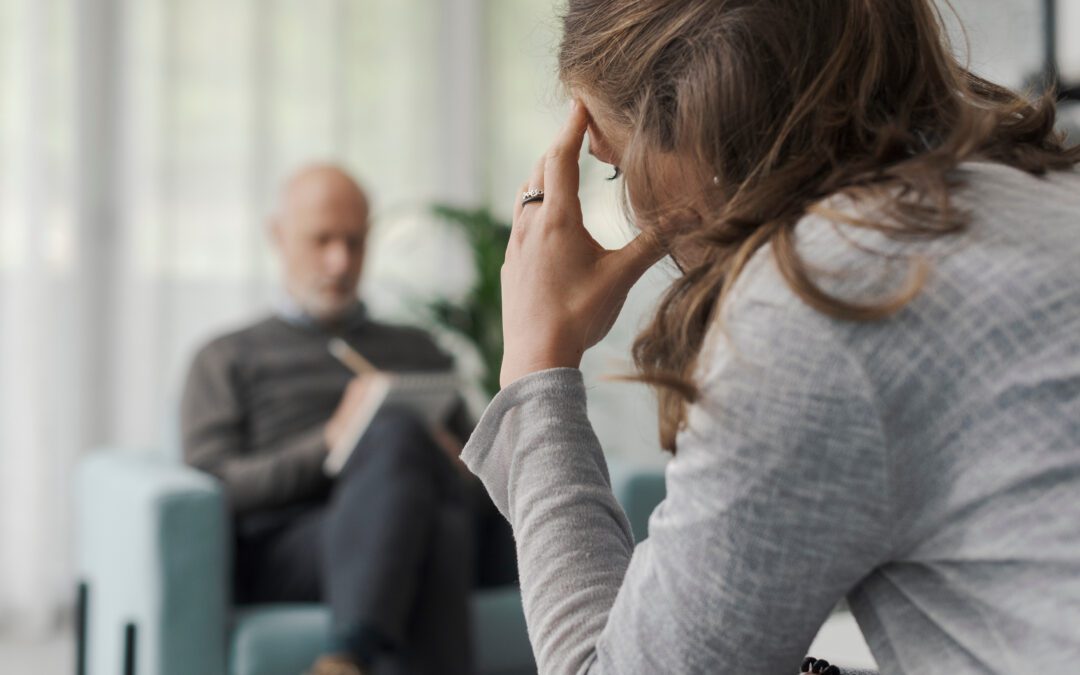It can be surprisingly easy for something undeniably good like clonazepam to become something indisputably bad.
Clonazepam, Benzodiazepine class drug for anxiety/panic relief
Imagine, for example, that you are struggling with a panic disorder. Your doctor prescribes clonazepam (brand name: Klonopin). The drug, which is part of the benzodiazepine class, does an excellent job lessening the feelings of panic you have been struggling with. Your doctor or pharmacist probably explained that clonazepam accomplishes this by reducing the amount of activity in your brain. But the truth is, you don’t really care how it works. You are just delighted that it does work. With your panic under control, you can reclaim areas of your life—work, school, family, social life—that were undermined by intense feelings of anxiety. It might seem like you are on your way toward a post-panic happily ever after.
Or imagine this instead: You are a person with epilepsy. Your seizures are frightening and all too frequent. Between seizures, you worry about when the next one will come. Your doctor prescribes clonazepam. There is something about the way the drug slows brain activity that makes it an effective tool for lessening the symptoms of epilepsy. But here’s the thing: You don’t really care how it works. You are just delighted that it does work. You set about reclaiming areas of your life that were undermined by your epilepsy. It might seem like you are on your way toward a post-epilepsy happily ever after.
But for some people, these fairy tale endings are not endings at all. Instead, they are the beginning of a story that takes a dark turn—a turn that might not seem like a big deal when it happens, but which nevertheless changes the outcome of the entire tale.
Instead of Happily Ever After, a Turn for the Worse With Clonazepam Addiction
It doesn’t really matter whether you have been taking clonazepam for a panic disorder or to address the symptoms of epilepsy. What matters is a decision you might make in either case—a decision to stop following your doctor and pharmacist’s instructions to the letter.
It’s easy to see how this might happen. After all, clonazepam is undeniably making your life better. What if you took a little more than was prescribed? Or took it more frequently? Or found a way to maintain a supply and kept taking it after your prescription runs out? Is it possible that you would feel even more relief from the issues that have been making your life difficult for so long?
In your heart of hearts, you probably already know the answer to that question. But you might be tempted anyhow. And in the end, you might act on that temptation. Once you do, you will certainly discover that you do not, in fact, find more relief. Instead, you develop a substance use disorder characterized by a range of negative symptoms that can turn your life upside down just as effectively as a panic disorder or epilepsy did.
Still, you’re no dummy.
You know how to turn this story around and get it pointed toward that happy ending. You’ll just stop taking the drug.
That’s a good idea. But unfortunately, it often leads to one of those shocking plot twists we find in stories. In this case, the twist is this: You know you should stop taking clonazepam. You want to stop taking clonazepam. And yet you find that you are unable to stop taking clonazepam.
The Plot Twist Is Withdrawal from Clonazepam
Here’s the big reveal at the center of our plot twist: It is not only difficult to stop taking clonazepam, but it can also be downright dangerous to do so too suddenly. To safely stop taking the drug—even if you have been strictly following your doctor’s instructions the whole time—it is a good idea to taper off. Tapering involves taking less and less of the drug over time so that your body can get used to the idea that you won’t be taking it anymore.
This tapering process should be medically supervised. And if you have developed a substance use disorder centered on clonazepam, your best option may very well be medically supervised detoxification at a fully accredited residential treatment center.
Clonazepam Addiction: We Can Help You Start a New Chapter in Your Ongoing Story
At French Creek Recovery Center, we understand that a substance use disorder might seem like the tragic end of your story. But we are here to tell you that you can start a brand new chapter and work toward a much happier ending. We will personalize a treatment plan so that you can safely end your relationship with clonazepam, and we will see you through a robust rehabilitation program that will give you the skills and resources you need to start the recovery portion of your story with confidence. Along the way, we can help you address co-occurring mental health disorders, like the panic disorder that may have initiated your clonazepam prescription.
If your personal story has taken a turn for the worse, remember that you can take back control of the plot of your life. French Creek Recovery Center can help.

